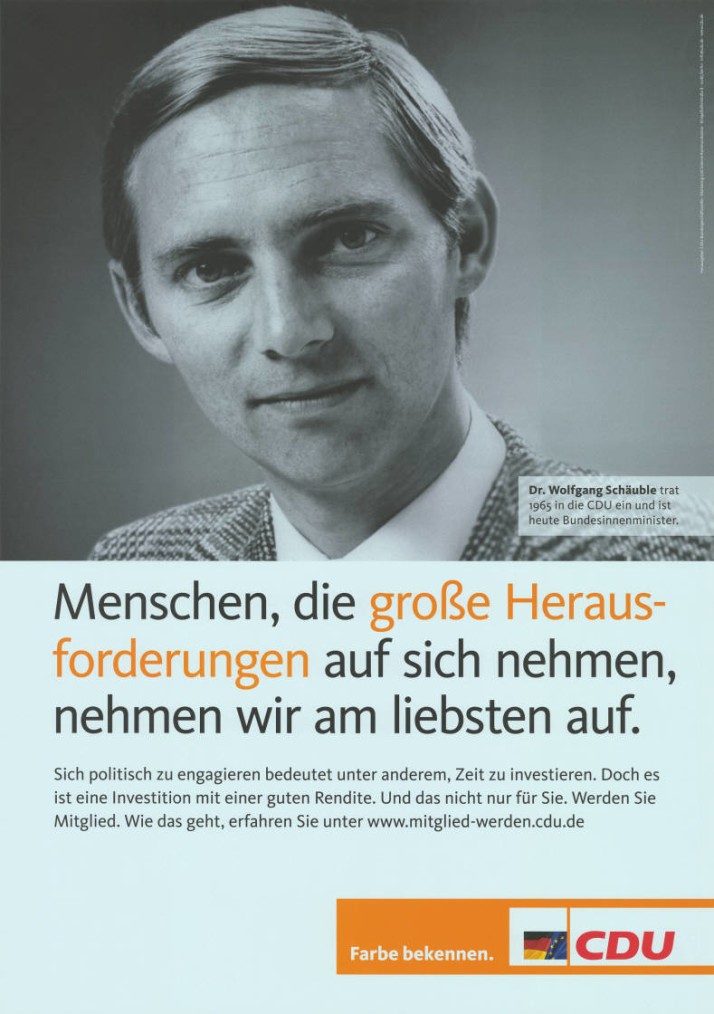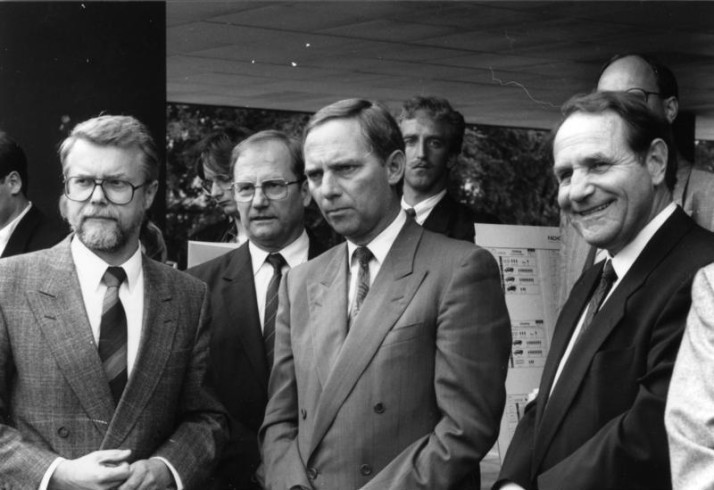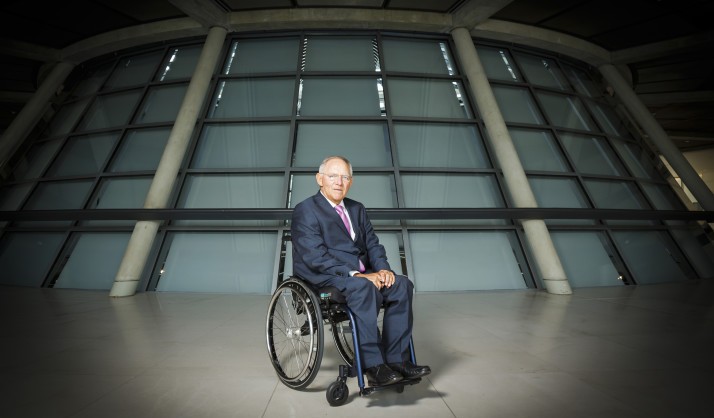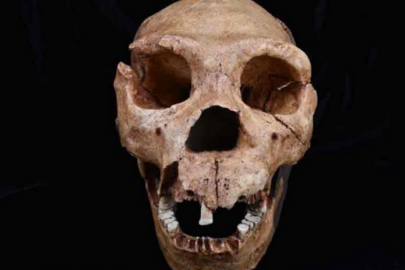He is one of those people who you either love or hate. In that respect he is quite similar to his ‘arch rival’ and former colleague, Yanis Varoufakis. Only he is still in charge of the German economy, unlike Varoufakis. “Hungry like the Wolfgang” is the title used by online Politico on a feature about the second most powerful person in Europe after Angela Merkel. The article presents a timeline of his tumultuous life, from his rise in the ranks of the German conservative CDU party to become the right hand of Chancellor Helmut Kohl, to the assassination attempt against him in 1990 that left him paralyzed from the waist down, to his involvement in a financial scandal with an arms dealer donator to the party. Schauble never managed to get top spot in German politics, but has definitely left his mark on European politics for nearly 50 years. Here are some of the highlights of the piece:


1989: Rising through ranks
He started to be considered a possible heir apparent to Kohl. So it was no surprise when, in April 1989, he was named interior minister, with special responsibility for negotiating the reunification of Germany with Günther Krause, the East German State Secretary.
1990: Assassination attempt
Hans-Jochen Vogel, a former leader of the center-left Social Democrat Party, said that the assassination attempt made Schäuble a bitter man. Perhaps — but, in an impressive demonstration of resilience, he was back at work three months later.
1991-1998: A second life
In June 1991, in a clear demonstration of his growing political clout, Schäuble delivered an iconic and decisive speech in favor of moving the capital of unified Germany from Bonn, which had been West German capital, to Berlin in the east.
1999: The donations scandal
Schäuble became national leader of the CDU, but his career suffered another setback when a scandal erupted over anonymous political donations to the CDU. It became known as the Schwarzgeldaffäre.
Kohl took his protegé down with him. At first, Schäuble denied any involvement with the lobbyist and arms dealer implicated in the scandal, Karlheinz Schreiber, but he would eventually admit that the party did receive 100,000 Deutsche Marks in 1994. Schäuble’s chances of one day becoming chancellor appeared to have evaporated.
2005: The comeback
After a brief absence from national politics, Schäuble returned to the national stage as interior minister in Merkel’s first cabinet after her national election victory in 2005. Their relationship had been difficult since Merkel vaulted over Schäuble’s head to seize the party leadership; it had deteriorated even further when, in 2004, she failed to back his bid to become German president.
03.07.1989 Bonn BZS
Besuch des Bundesministers des Innern Dr. Wolfgang Schäuble2009: Surprise promotion
Merkel won re-election in 2009 but this time formed a center-right coalition with the pro-business Free Democrats. Schäuble, aged 67, became the oldest politician in German history to take up a ministerial post, as well as being the longest-serving member of the Bundestag. The unexpected promotion to the all-important finance portfolio was seen at the time as a safe bet for Merkel, who wanted someone experienced and reliable but who was not a threat to her growing supremacy.
2010: Eurozone bailouts begin
Schäuble played a crucial role from the outset in negotiations for bailouts for Greece and other heavily-indebted eurozone member countries. His strict insistence on fiscal rectitude and tough reforms as requirements for assistance quickly earned him the dislike of the southern European “program” recipients: Greek President Karolos Papoulias accused Schäuble of insulting his nation and former Portuguese Prime Minister, José Sócrates, called the German minister “sly.”
2015: Temporary Grexit
Germany’s lead role in the negotiations over Greece’s third bailout program saw Schäuble vilified more than ever in protests in Athens because of his tough negotiating stance. This time, even Germany’s closest allies were shocked when the finance minister proposed, before a marathon eurozone summit in July, that Greece should take “timeout” from the currency union. The incident led to heightened speculation in the German media of a growing rift between Schäuble and Merkel, but the 72-year-old minister appeared totally unrepentant and denied any talk that Berlin was trying to dominate the eurozone.

































